When we feel sadness on a daily basis, we refer to our emotions as «depression», but do we really understand the meaning of this and the effects it has on the individual?
Depression is a psychological disorder that involves a series of consequences and symptoms that negatively impact the routine of the individual who suffers it for a long time, characterized by:
- Uncontrollable episodes of sadness and demotivation
- Pessimism and hopelessness
- Helplessness, frustration and irritability
- Decreased and increased appetite
- The loss of pleasure due to the performance of daily activities that previously generated enjoyment
- Great feeling of guilt, uselessness, emptiness, loneliness and/or misunderstanding
- Insomnia or hypersomnia
- Great difficulty concentrating and making decisions
- Suicidal thoughts or self-harm.
Statistically, depression is one of the diseases that is most frequently treated in primary care, and is the leading cause of psychiatric care. Through studies carried out on various populations, it has been concluded that this pathology appears more frequently in women over 45 years of age.
There are several types of depression:
Major depression: It has to do with a disorder of endogenous or biological origin, which implies a greater influence of the genetic component. It can appear recurrently and is usually related to the season of the year.
Reactive or transitory depression: Happens when there is a bad adaptation to stressful environmental circumstances, eg: Breakups, grief, situations of great emotional impact, etc.
Dysthymia: Characterized by a depressive picture of the individual, with a less degree of intensity than the previous ones but with a chronic evolution (more than two years) without asymptomatic periods. It is directly related to the personality traits of the individual (depressive personality) and with prolonged stress during life.
Masked depression: It manifests itself with physical symptoms such as somatizations, behavior changes, consciously or unconsciously hiding of the symptoms.
Causes:
The causes of depression are many, from genetic predisposition accompanied by alterations in brain neurotransmitters such as serotonin, dopamine, norepinephrine, organic diseases, to stressful psychosocial factors (personality, work, social relationships, upbringing).
Regardless of the degree of affectation or root of depression, help should always be sought to treat it. Its symptoms are profound and debilitating, and for this reason it is one of the main causes of suicide in the world.
If you are experience depressive symptoms or know someone who does, do not hesitate to contact us to answer your questions or schedule a session to begin to understand the disease and treat it.
Maria Alejandra Vasquez
Comparte esta publicación:
